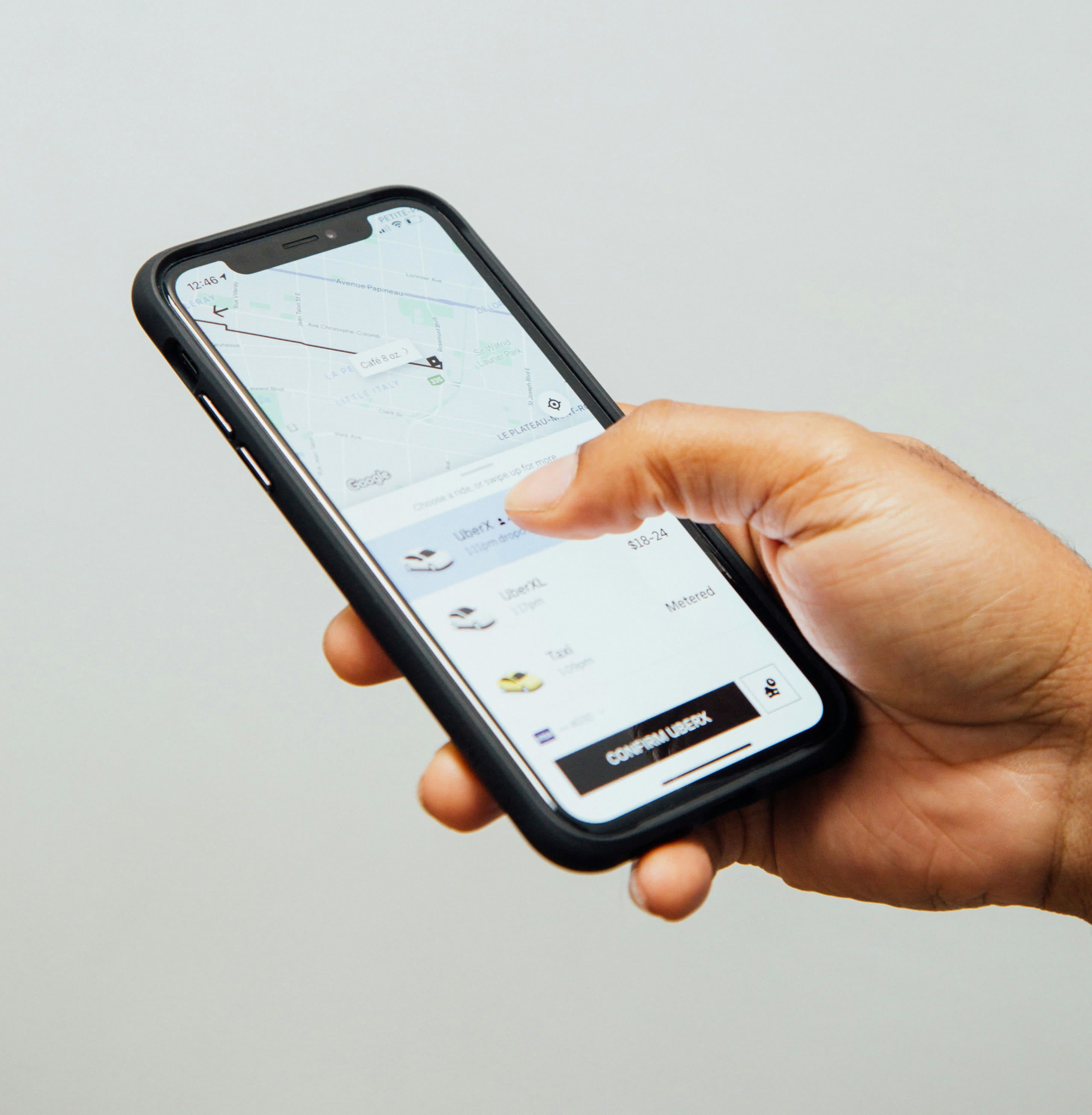Now let's learn something

In a tech IPO landscape filled with ambitious forecasts and promises of groundbreaking success, more than a few company's honesty startled potential investors.
When Amazon went public in 1997, it was a scrappy online bookstore with big ambitions – and bigger losses. In its IPO prospectus, the company openly cautioned investors: "We have incurred significant losses since our inception and expect to incur operating losses for the foreseeable future... we may never achieve or maintain profitability."
Not exactly the rallying cry you'd expect from a soon-to-be tech titan. The candid acknowledgment raised eyebrows and skepticism on Wall Street. Yet, the IPO went forward at a price of $18 per share, raising around $54 million and valuing Amazon at roughly $438 million. The company's market cap surpassed $1 trillion in 2018 and consistently remains among the world's most valuable corporations.
That brutally honest statement turned out to be a footnote in one of the greatest business success stories of all time. Amazon expanded from books to... well, everything. From cloud computing (AWS) to smart devices, groceries, and Hollywood production, Amazon became a cornerstone of modern digital life.
Similarly, Uber famously warned investors prior to its IPO that it had a history of substantial losses and cautioned that it might "never achieve profitability." The company went public in 2019 with one of the largest tech IPOs in history, priced at $45 per share and a valuation of over $82 billion.
Uber's prospectus highlighted mounting operating expenses, regulatory hurdles, and ongoing competition, stating outright that its business model might never lead to sustained profits. Despite these warnings, investor enthusiasm remained high, propelled by Uber's global footprint and the promise of dominating the future of transportation and mobility.
Uber isn't alone in sounding the profitability alarm before going public in modern times...
Snapchat (2017): Snap Inc. also made waves by explicitly stating it may "never achieve or maintain profitability." Investors still valued the company highly, taking it public at around a $24 billion valuation.
Lyft (2019): Like its ride-hailing competitor Uber, Lyft included language in its IPO filing warning investors that it had "incurred net losses each year since inception" and "may not be able to achieve or maintain profitability."
Spotify (2018): In its unique direct listing IPO, Spotify disclosed concerns about profitability, emphasizing that profitability was uncertain due to high royalty costs and intense competition, though it wasn't as explicitly pessimistic as some others.
These cautionary notes, though jarring at first glance, have become something of a rite of passage for fast-growing tech startups and the world of tech IPOs.